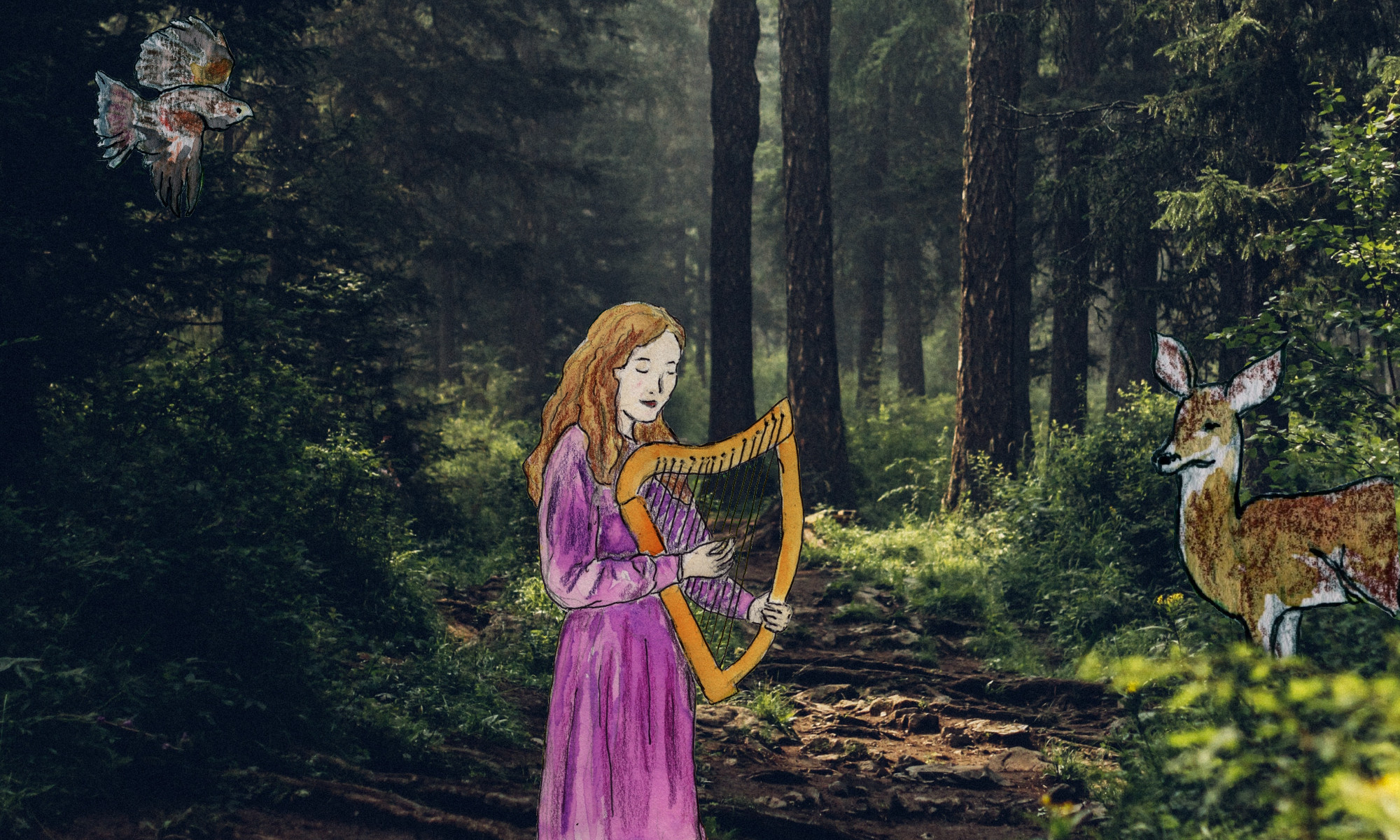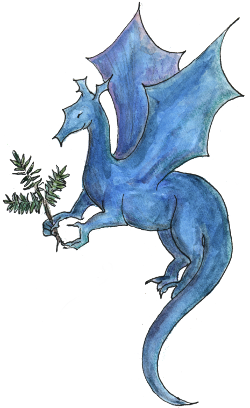Note from Jane: Most of the time I’ll be posting to the kid in all of us. Occasionally though I post to “grown ups, in service to how we may nourish the magic of our true nature”. The book review is one such post. Enjoy!
I’ve long felt that the works of Bill Plotkin, psychologist, cultural visionary, and wilderness guide, should be recommended reading for parents, teachers, caregivers, and just about every adult who yearns to live a satisfying, exciting, deeply human, and unique life, and to support such an experience for the children in their lives. His previous book, Nature And The Human Soul, Plotkin introduced a model that maps how fully and creatively we can mature when soul and wild nature guide us. In his newest work,
Wild Mind: A Field Guide To The Human Psyche, Plotkin takes us on a journey through our psyche, offering us a richer, deeper understanding of our consciousness and what it might mean for us to nourish our full humanity by cultivating, what he describes as, the four facets of the Self.
As with his previous works, Plotkin is a generous, compassionate guide who ignites our imaginations and coaxes forth our own deep knowings about who we might truly be at the heart of our nature: individuals who have unique roles to play in all of the universe, who have a birthright to an intimate relationship with the natural world around us, and who have a part to play in reweaving the fabric of our culture. In this book he engages us with aspects of our selves, our whole nature aspects, as well as with our wounded, self-protective aspects–our Subpersonalities. With the latter, he is careful to point out that these aspects have had an essential role to play in our pasts, and that this should be honored. We can heal our relationships with our Subpersonalities and reassign their energies. Plotkin, as with his other works, offers practices for connecting with the whole nature facets of the Self, as well as for engaging in the process of healing our relationships with our Subpersonalities.
To engage with this book is to engage in your own inner wilderness. The journey is both wondrous and practical. We explore our own Wild Minds, come to celebrate the beauty of our Self and Soul, and discover ways to nurture and caretake who we are at heart. And we gaze upon our wounded aspects, and learn how to take them by the hand. At the same time we explore our inner nature, we come to understand how we are threaded with outer nature. This book is very much about this interconnected relationship.
I personally would love to see this work included and personally explored by all in the field of psychology. As Plotkin points out: “Conventional Western psychology has focused on pathology rather than possibility and participation, and this renders it incomplete … and in many ways obsolete.” In this book, Plotkin points out again and again that our human psyches possess a variety of astonishing resources, which we all share by virtue of being human. Reclaiming these essential human capacities of the Self ought to be the highest priority in many fields, for it is in our vibrant, wholeness that sustainable, life-affirming culture, the well-being of all of us and of the earth will thrive.
Pick up a copy of this book and uncover the magic of your true nature!

